"Pot, don't boil!" What does the Kherson region really need?
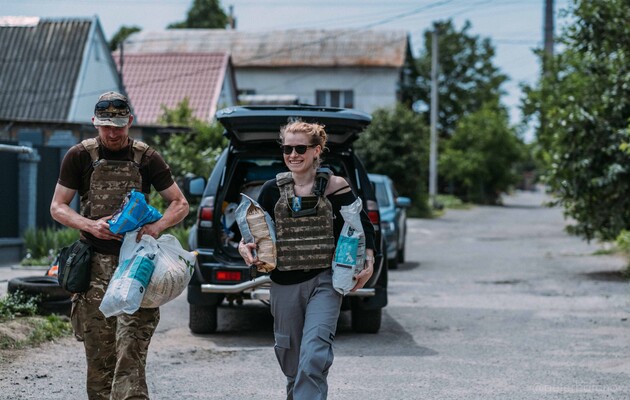
Ukrainians are an incredible nation, because they do everything together. Together they rush to fight the enemy or to save the affected areas and then share the gifts of victory together. The loyalty of Ukrainians and their willingness to help can even lead to a fight. However, then Ukrainians again rush together to put out another fire, to solve a difficult problem, to save another district of trouble and grief, sometimes sacrificing their own lives for the sake of strangers. In the Kherson region, after the Russians blew up the dam of the Kakhovka Reservoir, people also saved everything they could by uniting their neighbors.
The situation that has developed in the Kherson region is dangerous and terrible. It is worth noting that the shelling is happening all the time, and the most disgusting thing about it is that non-humans aim their weapons directly at the evacuation vehicles, at civilians who are trying to escape from the flood. It's scary because of powerless rage, because of the impasse in which people found themselves on the island, on the left bank. Apparently, it is precisely such emotions as powerless rage and the desire to help at least with something that stimulates a large number of volunteers to come to the Kherson region and dig up and help restore destroyed infrastructure objects. After all, volunteers are not indifferent to other people's troubles.
At the entrance to Kherson there were queues of volunteer convoys, as well as convoys of trucks from businesses that joined the spontaneous movement. Tired soldiers at the checkpoints hastily checked the contents of the trucks and the documents of those entering. Members of our volunteer fund also stood in those queues to enter the city. When we had time, because we always have inspiration, and that's when we decided to remember other areas of trouble for all nine and a half years of the latest liberation struggles.
...Once the participants of the «Maidan» were waiting for a truck from Lviv. There were legends about this truck, it was said that it was rushing to the rescue and carrying uniforms, bulletproof vests, helmets, knee pads, brand new modern gas masks and medical equipment, in general, everything that was most needed on the «Maidan» in the winter of 2013-2014. The truck arrived and hid in Kyiv yards for a long time until members of political movements escorted it to our volunteer team on the «Maidan». We started unloading.
The legendary truck brought mountains of boxes with oranges, tangerines, apples and bananas, pyramids of cans with home preservation, bags of cereals and macaroni, hundreds of civilian winter clothes. In this way, this vehicle delivered many different things from ski suits to fur coats to the right place. There were even several boxes of old soldiers' gas masks from the Second World War period, and not a single specimen of the uniform. There were no helmets and body armor either. So we buried the dream of a magical helper truck that would come and save us, and started buying armor and helmets wherever we could. It is worth noting that the participants of the «Maidan» politely thanked for the oranges, bananas, etc.
...Volunteers once heard that people in Sloviansk, which had just been liberated from the Russian invasion of separatists (in the summer of 2014), was on the verge of starvation, and caravans of volunteer aid rushed east. The local administration, which was approached for tips on the proper organization of the distribution of aid and food, recommended either placing the products at its disposal or distributing them to people in the main square of the city. Smart and quick-witted residents of the city stood in line several times, then that humanitarian aid ended up being sold at the local market.
...Once in February 2017, Avdiivka suffered from terrible enemy shelling. The military administration announced the evacuation of civilians. And aid caravans reached Avdiivka. The distribution of what was brought took place in a tent town set up by the State Emergency Service of Ukraine. There was so much humanitarian aid that the apartments and houses of some of the local residents turned into grocers and second-hand shops. The military administration begged volunteers to stop the magical pot that was cooking porridge, let it not cook again. That is, politicians asked to stop providing unnecessary and no longer relevant humanitarian aid. However, aid caravans kept coming.
"Once I went to the front line and had nothing to take with me. He covered his bus with stacks of newspaper binders," an old volunteer once admitted to me. – "Why do you need newspapers on the front line?" I asked in surprise. – "Well, at least with these old newspapers the soldiers will be able to light home-made fireplaces. It was necessary to take at least something!" – the volunteer answered in surprise.
I remembered all these cases from my volunteer experience and, looking back at the queues of volunteer caravans, I understood that approximately the same thing is happening in the Kherson region. People had to bring at least something to help, so they collected the usual list for any disaster, namely clothes, blankets, food and diapers.
"Only water and boats are needed in Kherson," said those who arrived in the Kherson region in the first days of the tragedy by phone.
"And there will even be water soon," a tired employee of the State Emergency Service of Ukraine explained to us. – It is worth understanding that Kherson is a city with many wells. Of course, some of them are no longer suitable for drinking. However, most still work. So we will soon restore the water supply."
For now, water was needed. We were offered to hand over the brought water cubes to the warehouse at the entrance to the city. However, we decided to look into the hospitals and just drive through the lower half-flooded streets and ask people directly what exactly they need.
It turned out that people needed water. There were queues for clean drinking water, the news was passed on in local chat rooms and people ran to get their share of the water.
After finishing work in Kherson, we returned back. On the outskirts of the city, near the centralized warehouses, there was a queue of volunteer caravans. Our colleagues were unloading the goods brought to the warehouses. Why they couldn't drive through the streets and give people at least water, we never understood. Perhaps the city administration at that time did not yet understand what it should do with this huge amount of aid, in which direction to direct it. A few kilometers from the city itself, just on the side of the highway, there was a huge mountain of bottles with clean drinking water. Which was so badly needed at the time by the semi-flooded lower streets, towns and villages of the districts and which some organizations simply dumped on the roadside without bringing it to Kherson itself.
It is not enough to collect humanitarian aid. It is necessary to think about what exactly needs to be collected so that humanitarian aid items are as timely and relevant as possible. It was not enough to simply bring humanitarian aid items to the disaster area. It still needs to be disposed of wisely and as constructively as possible.
It is worth noting that humanitarian support for various subjects is both state and volunteer. Both have their advantages and their main purchase periods. During the nine years of the war, the volunteers learned how to find their way around the holes in state provision and even to a certain extent close them – but still, the Ukrainian trait of doing everything together wins. And aid caravans are quickly arriving in the Donetsk airport area (2014–2015), but at the same time, there is a critical lack of humanitarian aid in other parts of the Ukrainian front line. And now humanitarian aid items are sent to Bakhmut (2022-2023), while few people know about the needs of Vuhledar, Kupiansk, Marjinka. Perhaps that is why, in June 2023, Facebook began to respond to universal aid to Kherson with careful posts under the motto: "Hey, people, haven't you forgotten about other areas of the front line?". Maybe that's why the exhausted Kherson officials, who kept their decency to the last of their strength, cautiously told the journalists: "You have to somehow explain that the population of Kherson during the occupation and fighting greatly decreased. After all, many people left. It is worth noting that we make up half of the population – officials, doctors, rescue workers, etc. We don't need so many clothes, diapers and other products..."
We nodded our heads in agreement. We know this request well. Pot, don't boil! Please stop.
However, when we returned, we were met by aid convoys. People used trucks to transport various humanitarian aid, namely clothes, food and mountains of diapers. I wanted to believe that all this would be needed when the water began to recede and the local residents got to their mud-splashed premises. I wanted to think that then the doors of the warehouses, where volunteer and business caravans unloaded the brought goods, would open, and people would start bringing everything they needed to the place of need. After all, there is more transport than is needed. After all, we have a lot of volunteers, you just need to call them.
I also wanted to believe that the people's money invested in helping the Kherson region would not go to waste and would be distributed correctly and expediently – but this assumption is not accurate.
Currently, Kherson needs completely different things. Volunteers who work in Kherson are already screaming loudly not to bring food and clothes. The water is receding and people are starting to return to their homes. Streets and roads are cleared. There was a need for chainsaws, ordinary shovels and rubber boots. And also, as always, there was an urgent need for fearless people who are ready to come to the rescue in a difficult situation. These people who are under fire are still conducting search and rescue operations. Also, these fearless people somehow miraculously make their way to the occupied left bank and pull out people who were left alone to fend for themselves. These rescuers calmly and confidently do this, even putting their lives at risk to help other people cope with a difficult life situation and trouble. It is worth noting that there are not so many people near the water – much less than in those endless caravans with help.
...I had to write about the tragedy of Kherson region and Mykolaiv region. About the heroism of the rescuers, about mourning for the dead. But I am a volunteer, and volunteering is primarily about money. People's money, which is sometimes spent so senselessly. Although, it would seem, only volunteers need to know more precisely what exactly should be taken to the affected areas. And to other people who want to help (the city administration) announce a list of real needs, so that they do not carry and buy unnecessary and irrelevant things.
Please select it with the mouse and press Ctrl+Enter or Submit a bug











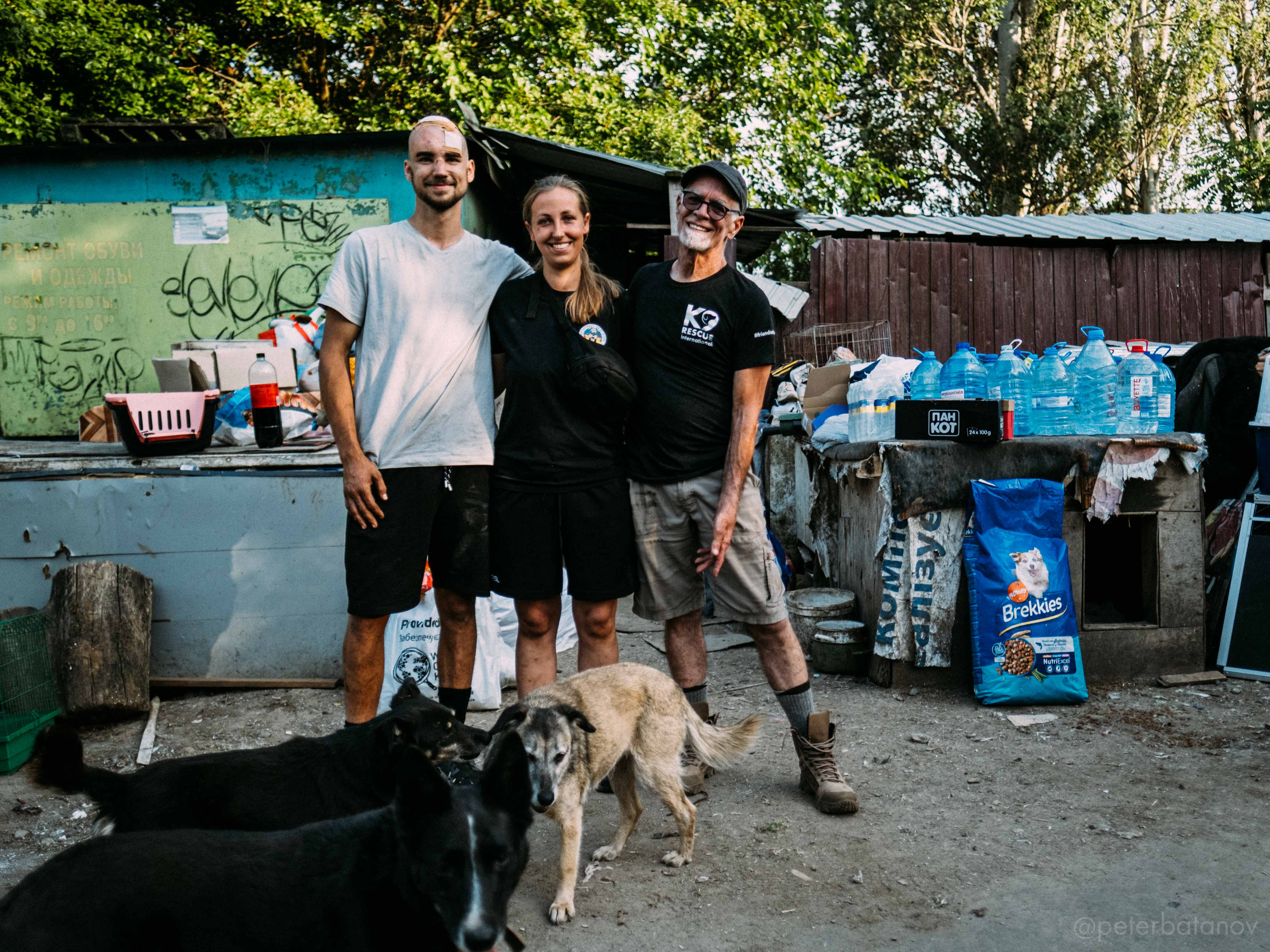
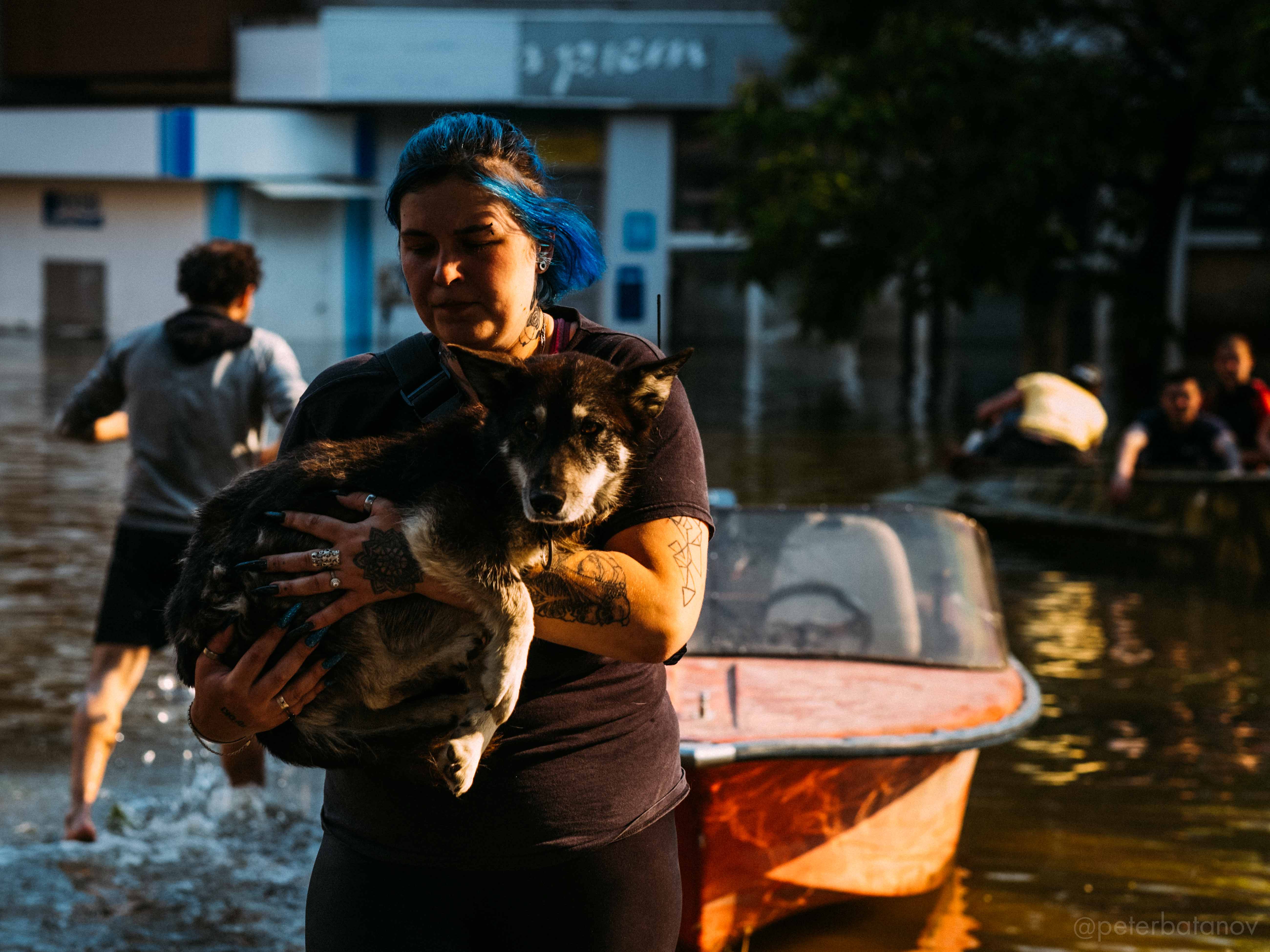
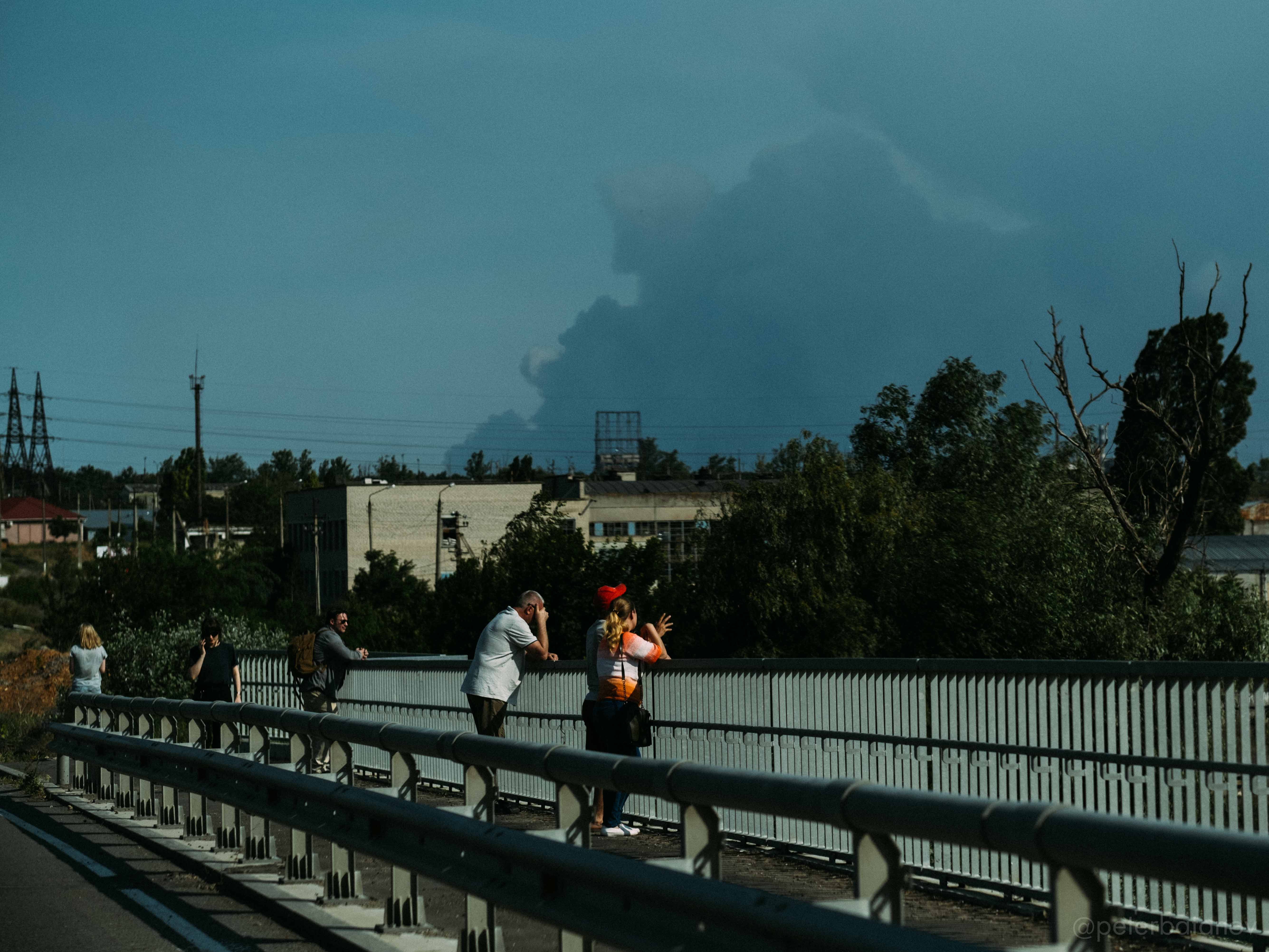
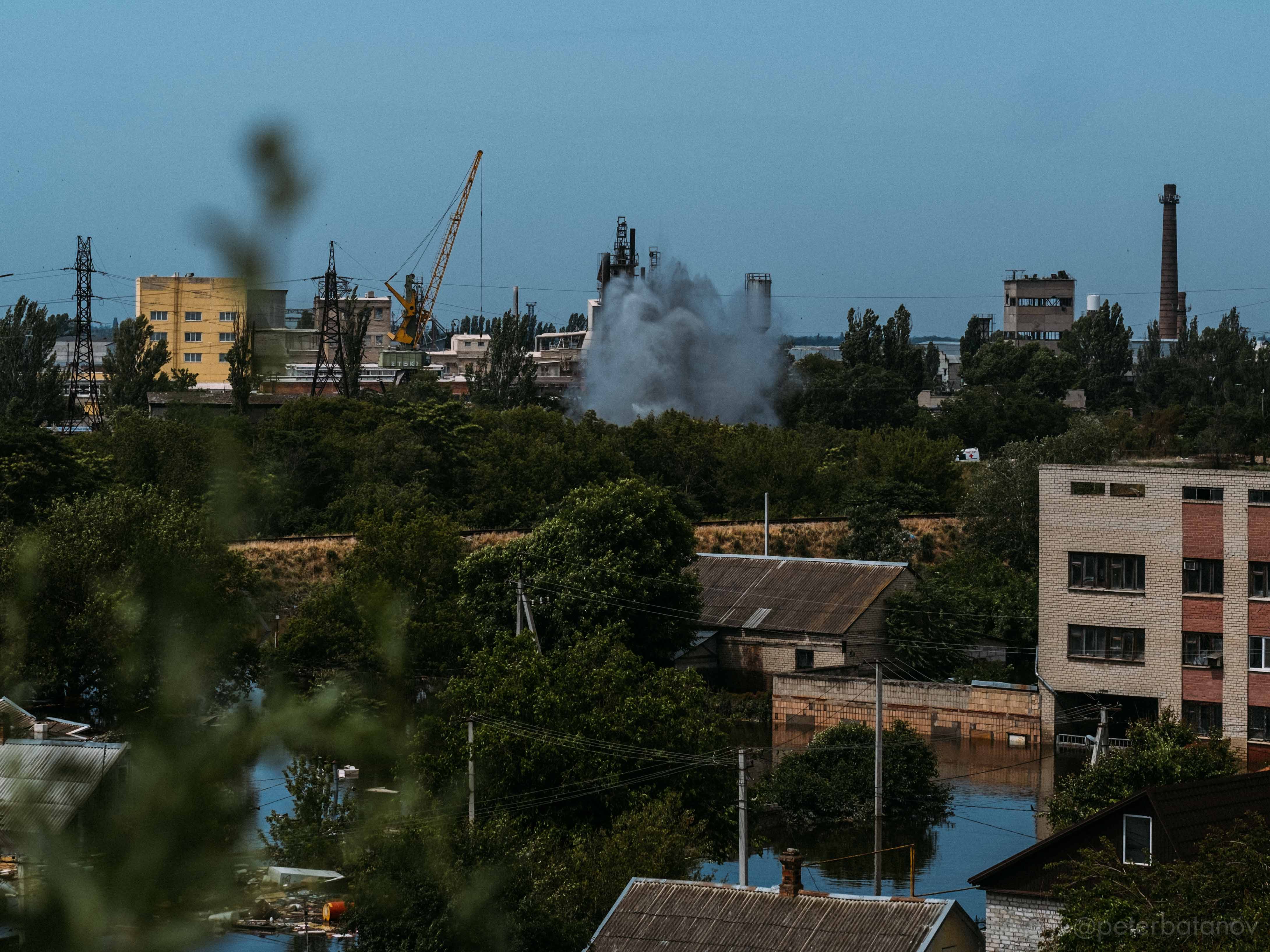
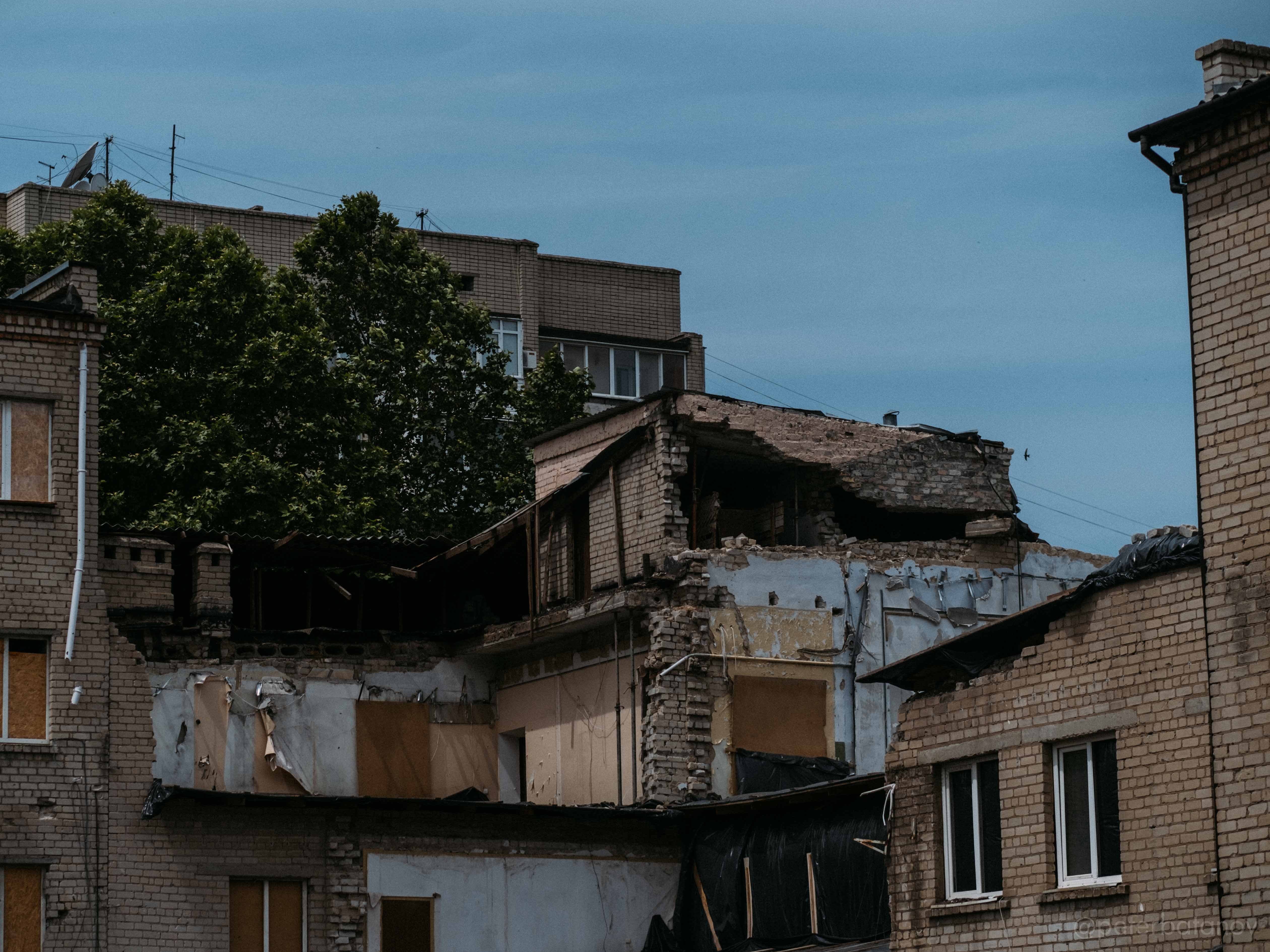
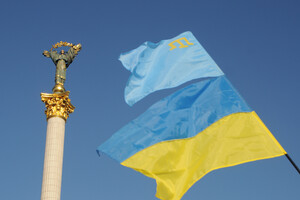
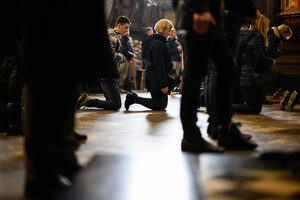

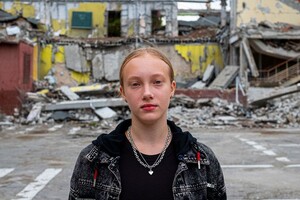
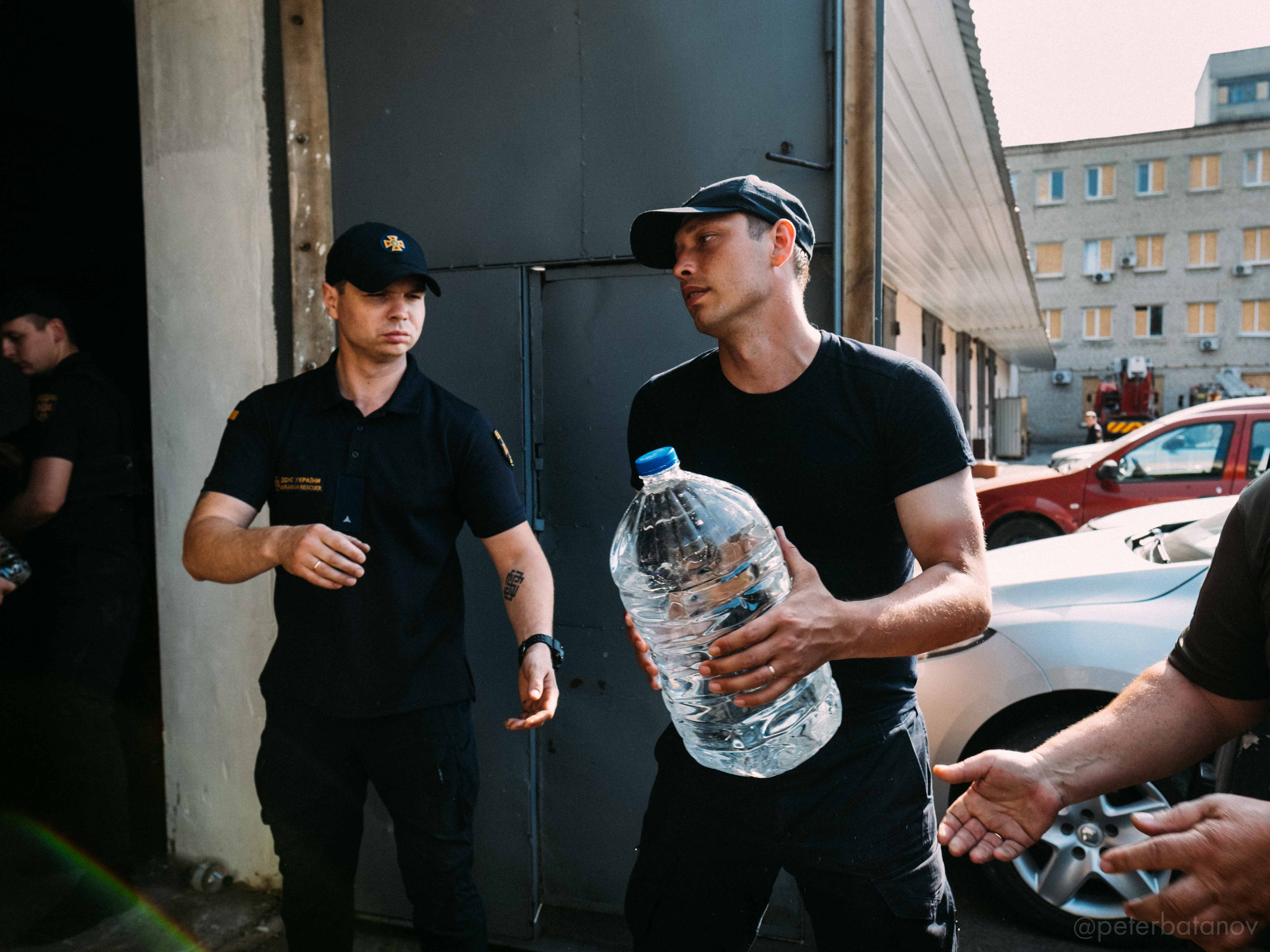
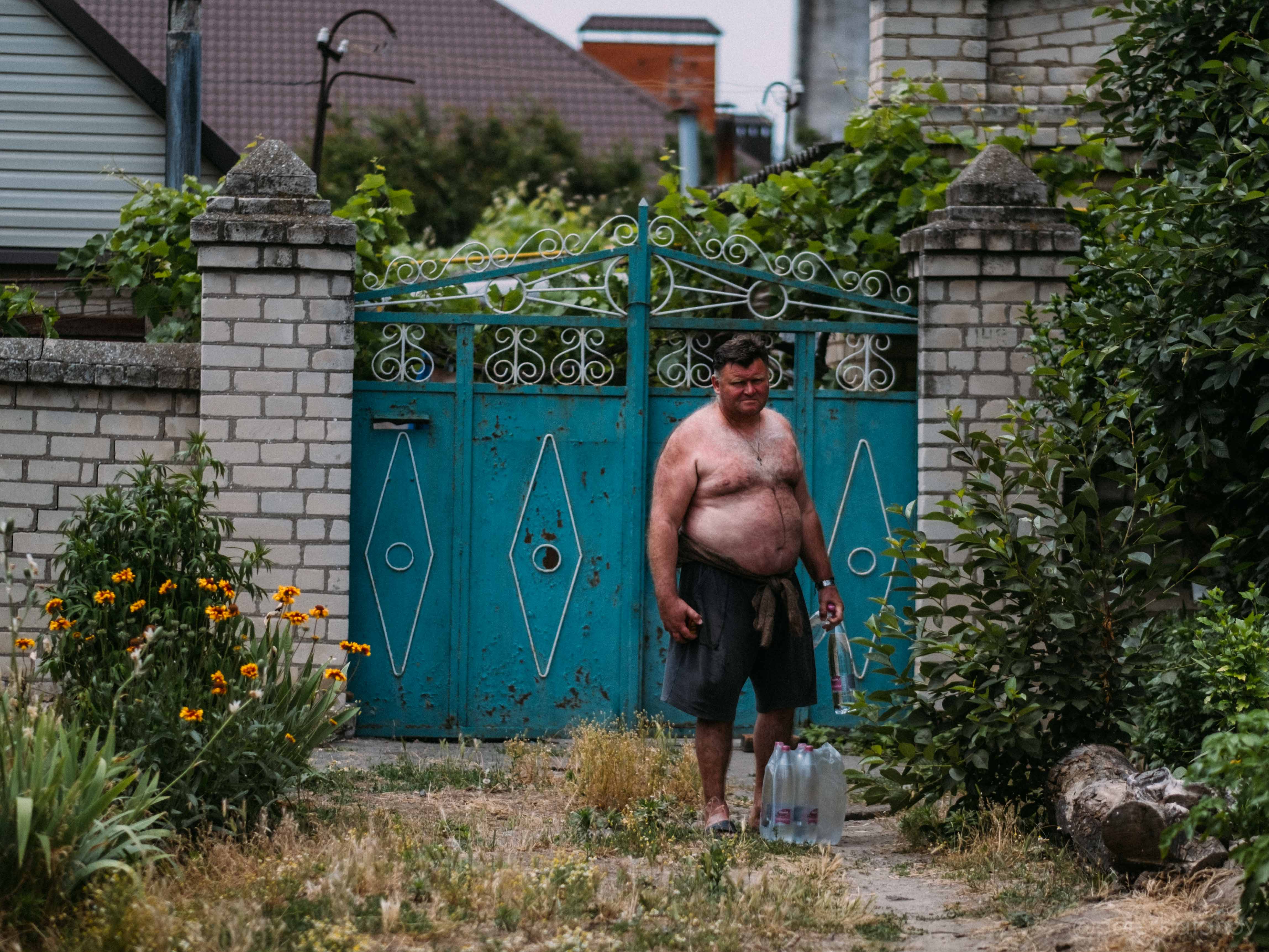
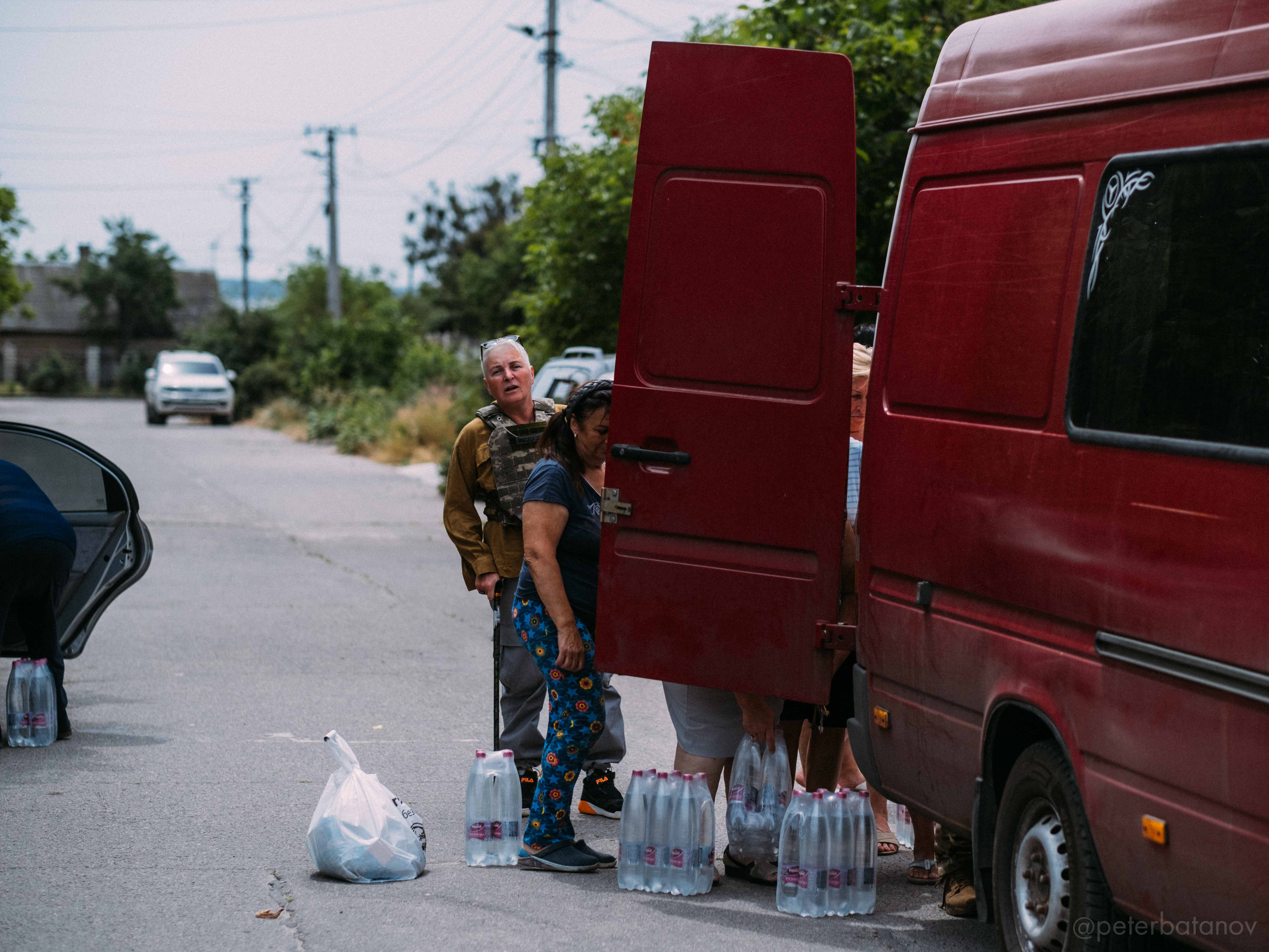
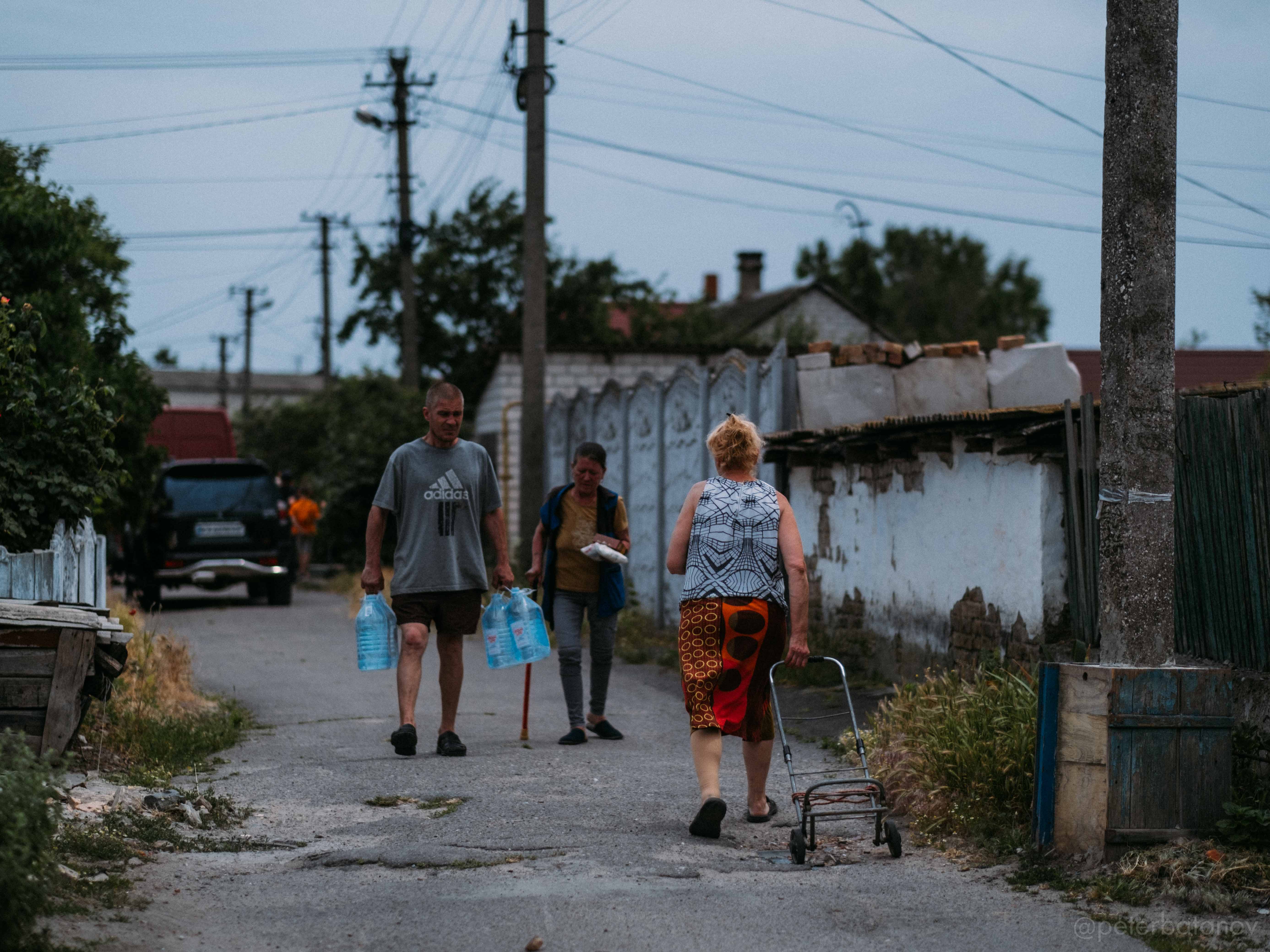
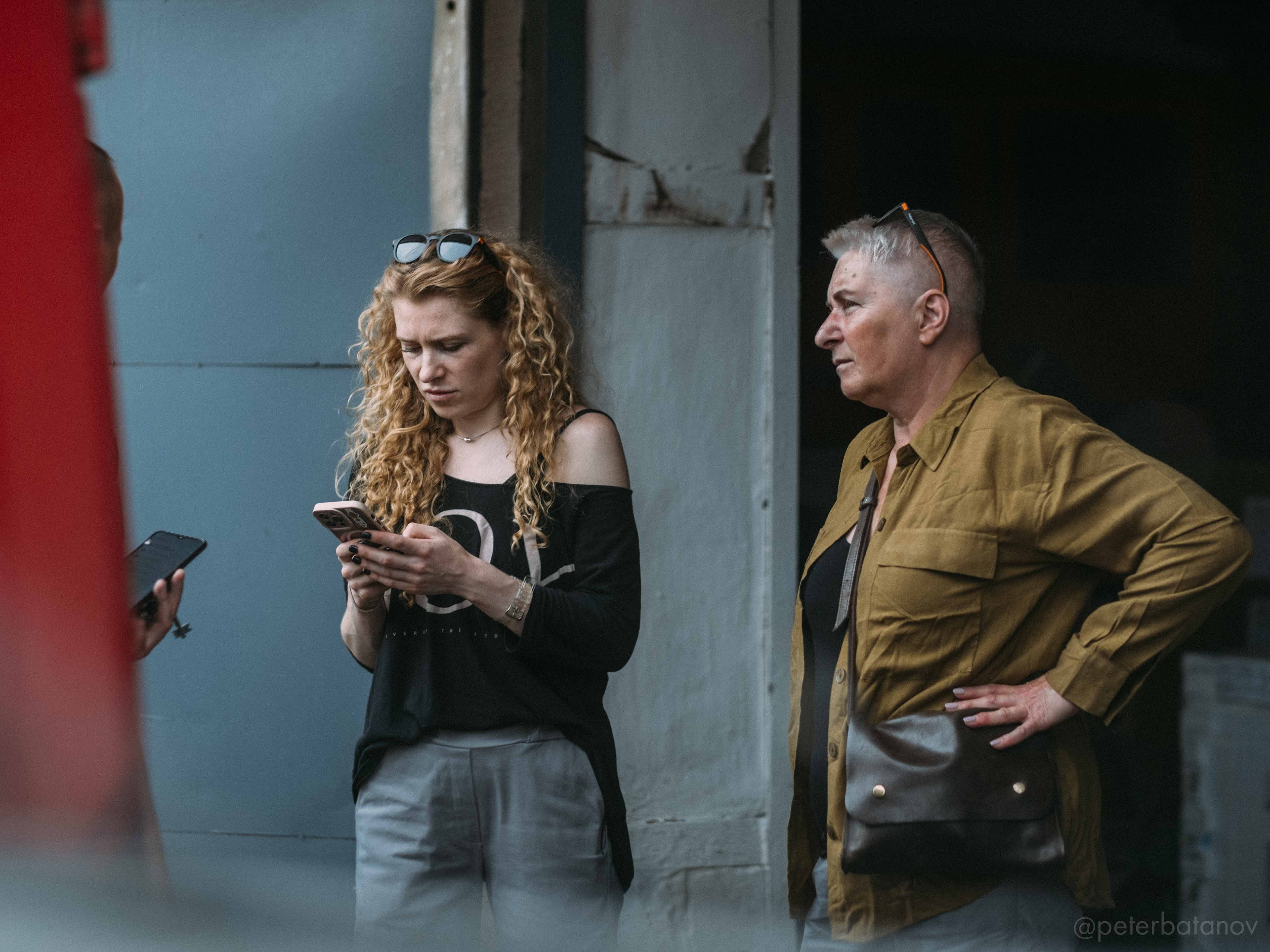
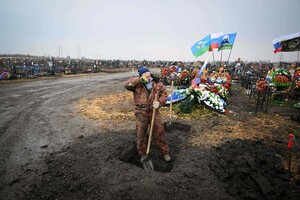

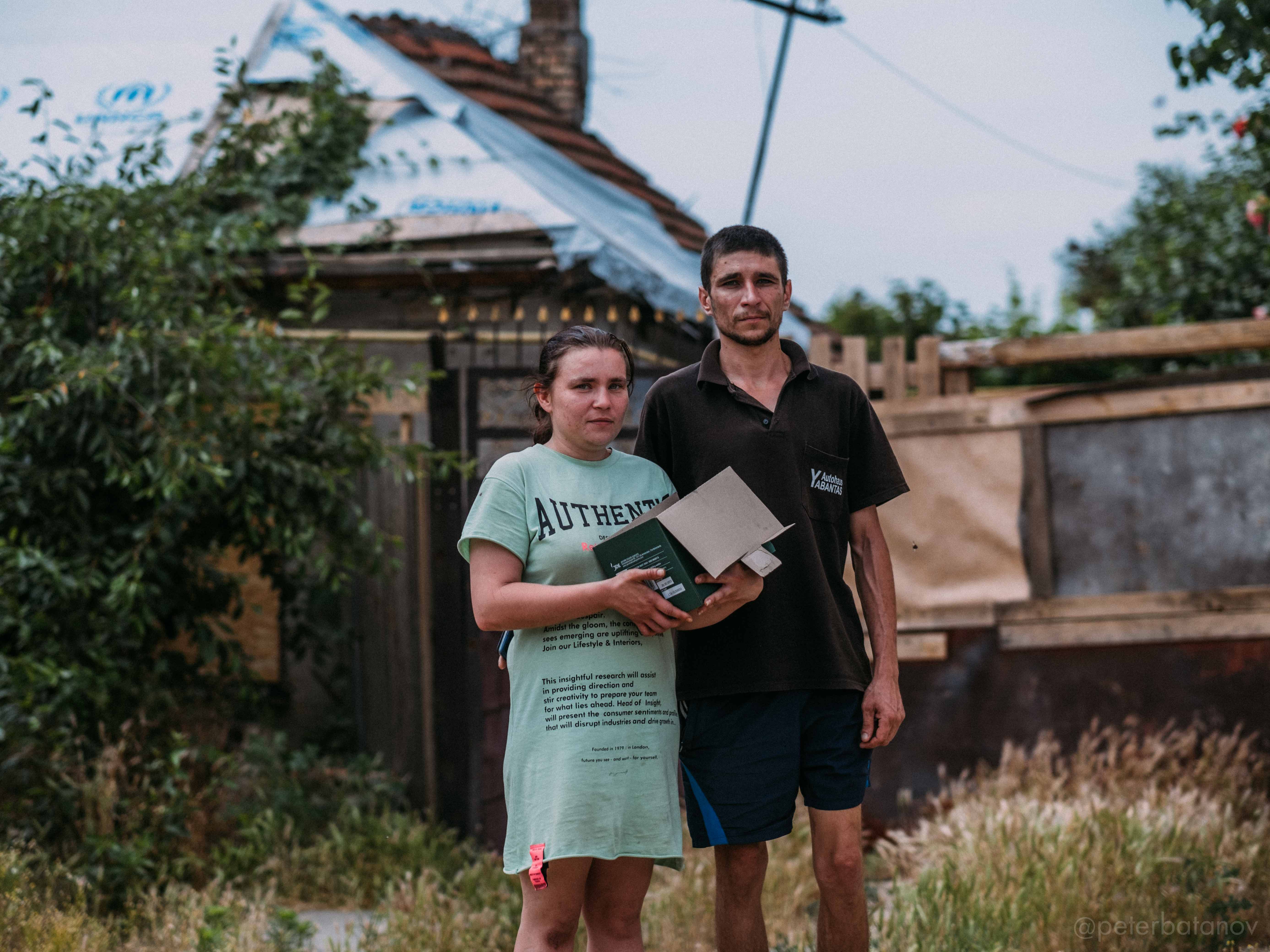


 Login with Google
Login with Google